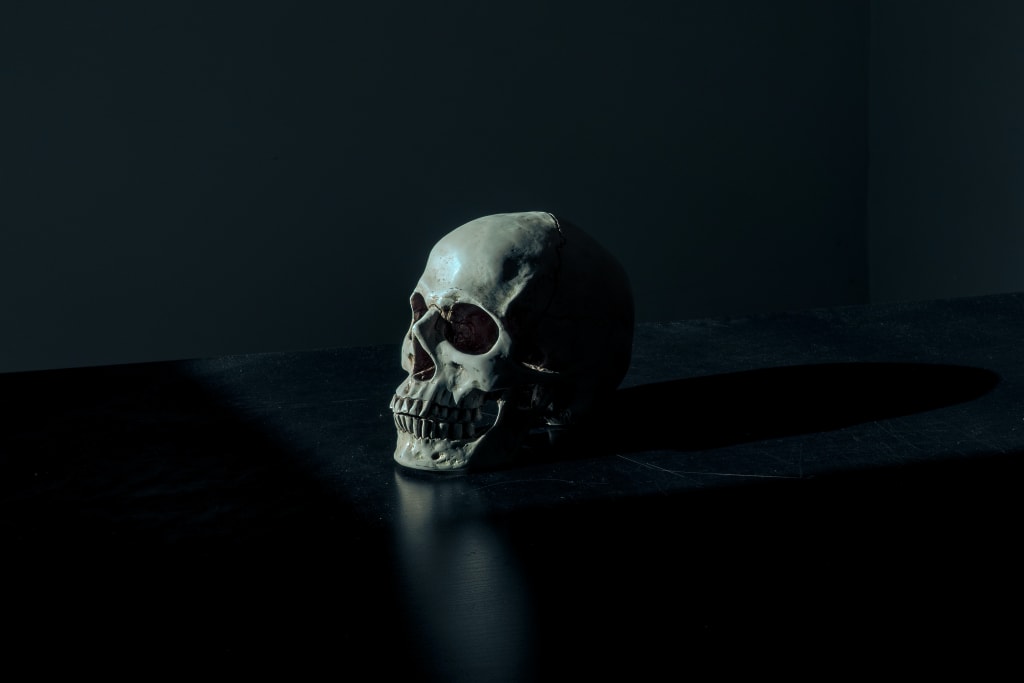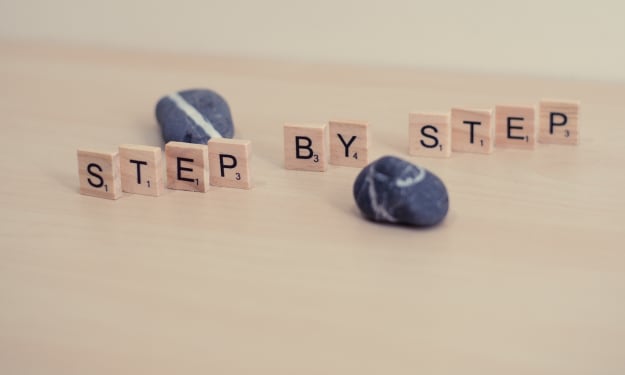
A common resolution to most human conflicts is the minimization or eradication of the self in some form. Anxious? Remember that you're not the center of the universe and that none of this really matters. Unsure of who you are? The self isn't constant so why try to find something that's not there. Relationship issues? Stop focusing on yourself and focus on your partner's needs.
This usually works. We remind ourselves a few times a day to stop acting selfish and to stop taking ourselves so seriously. Maybe we meditate or journal to really hone in on this idea of the transitory ego. Maybe we pull an Eckhart Tolle and sit on a bench for a year. But, whether we like it or not, that internet bill has your name on it and so too do all of your past mistakes. You can't plead no guilty simply because you don't feel like who you used to be. There is a self, however socially constructed, that dictates our behavior, choices, and overall experience in life. Aside from escaping to the mountains, ridding yourself of all material things and social connections, and sitting under a tree for the rest of your life, living without the self is pretty tricky in this day and age.
There is also the dark side of having no real sense of self or a lack of self-awareness. This is generally called a "self-disorder" where one experiences a minimal self: "a flame that enlightens its surroundings and thereby itself." It has no properties, no sense of narrative reflection or identity. Instead, the individual experiences a stream of consciousness. As Nicolas De Warren describes such a life: "When looking at this tree in my backyard, my consciousness is directed toward the tree and not toward my own act of perception. I am, however, aware of myself as perceiving this tree, yet this self-awareness (or self-consciousness) is not itself thematic."
This can worsen especially in those who suffer from schizophrenia. The patient may experience disconnected and interfering thoughts, auditory hallucinations, and an inability to grasp time. The self is absent and so too is the stable core we use to navigate our reality.
There is also ego death: the complete loss of subjective self-identity. This is generally brought about through the use of strong psychedelic drugs and spiritual activities. This is perhaps best defined by Kurt Philips as "the renunciation, rejection, and, ultimately, the death of the need to hold on to a separate, self-centered existence."
Some suggest that the experience is similar to kissing death itself and that coming close to death actually allows one to accept their mortal limitations, thereby transcending the need to prop up the significance of the self. It can also create existential angst, as one begins to see the illusion behind the "I".
Nick Bromell suggests that ego death reveals to us the potential for radical pluralism: the idea that we could really choose whatever and there's no fundamental difference in meaning. Or, as William James proposes, "the world's pieces are held together by nothing more than conjunction: it's just one damn thing and another."
This, in a sense, reveals the limitations of living without the self. Can we go on living with such a lucid awareness of our own meaninglessness? It would be quite challenging to justify our existence if we could honestly tell ourselves that none of this matters: love, justice, faith, hope. It likely doesn't matter. But that is authored by a perspective absent of the self. A perspective that we humans simply cannot exist within for longer than an afternoon of peyote.
The self is the framework through which we find meaning. It is the core that permits us to navigate the dizzying world we were born into. Of course, disorders such as narcissism point us towards the risks of relying solely on the self as a framework. The self-involved tend to take their own idea of reality to heart and soon they find themselves creating their own, much to the dismay of those around them.
So yes, a healthy journey toward minimizing the ego should be entertained at the very least, and if the traveler feels well-equipped. But, at the same time, recognize that we experience the world in an incredibly limited sense. The stormy waters of the temporal, of the metaphysical and ethical are deep and treacherous. Without a worthy vessel, we'll drown quite quickly. So make sure you maintain your vessel. Treat it with dignity and tend to its needs. Discover its strengths and weaknesses and only take educated risks. But never allow it to override the significance of the journey itself. That's why you're here anyway, right?





Comments
There are no comments for this story
Be the first to respond and start the conversation.